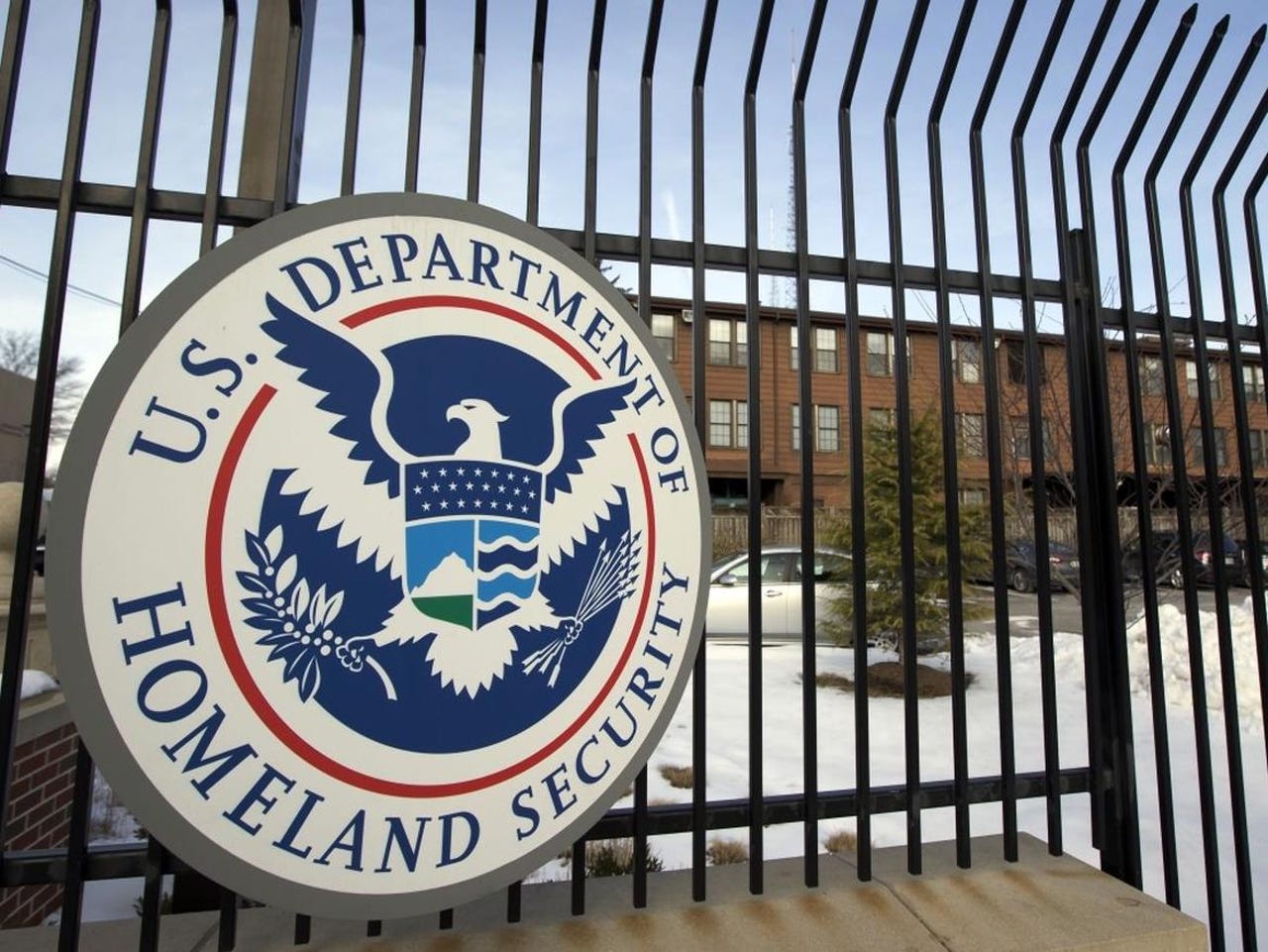These are 2018's biggest hacks, leaks, and data breaches


247,000 Homeland Security staff and witnesses affected by data breach
January: A database used by the Department of Homeland Security's Office of the Inspector General was confirmed breached in January, affecting over 247,167 and former employees and individuals associated with the department's previous investigations. The breach marked the first one of the first intrusions this year.
ZDNET INVESTIGATIONS
Unsecured server exposed thousands of FedEx customer records
February: A company acquired by FedEx leaked thousands of customer records, thanks to a leaking Amazon S3 bucket. The data included names, addresses, and phone numbers.
ZDNET INVESTIGATIONS
Orbitz says hacker stole two years' worth of customer data
March: The travel booking site said about 880,000 payment cards, or about two years' worth of data, was stolen by a hacker, thanks to a security vulnerability in the travel site's legacy booking system.
ZDNET INVESTIGATIONS
A new data leak hits Aadhaar, India's national ID database
March: India's national ID database, claimed by the government to be secure, leaked data on potentially every Indian citizen -- some 1.1 billion people -- who signed up to the database, including their names and information about services they are connected to, such as their bank details.
ZDNET INVESTIGATIONS
French news site L'Express exposed reader data online
March: French weekly news magazine L'Express left a server containing a database of its readers exposed online for weeks without a password. Even after the Paris-based magazine was warned of the exposure, the database wasn't secured for another month
ZDNET INVESTIGATIONS
Trump-linked data firm Cambridge Analytica harvested data
March: The controversial Trump campaign-linked data was suspended from Facebook for using the data to determine who voters might choose at the ballot box. In the end, more than 80 million people were affected by the data exposure.
ZDNET INVESTIGATIONS
Twitter says bug exposed user plaintext passwords
May: Twitter admitted that user passwords were briefly stored in plaintext, and might have been exposed to the company's internal tools and staff. The company said it fixed the bug and that an investigation "shows no indication of breach or misuse" by anyone.
ZDNET INVESTIGATIONS
T-Mobile bug let anyone see any customer's account details
May: An exposed and unauthenticated API on T-Mobile's website let anyone access the personal account details of any customer with just their cell phone number. The returned data included a customer's full name, postal address, billing account number, and in some cases information about tax identification numbers.
ZDNET INVESTIGATIONS
Jira bug exposed private server keys at major companies
May: A major TV network, a UK cell giant, and one US government agency are among the companies affected by this new class of attacks that allows hackers to pivot quickly and easily inside a company's cloud infrastructure.
ZDNET INVESTIGATIONS
Rail Europe had a three-month long credit card breach
May: Rail Europe, a site used by Americans to buy train tickets in Europe, has revealed a three-month data breach of credit cards and debit cards, which resulted in credit card numbers, expiration dates, and card verification codes swiped from its servers -- everything needed by a fraudster to carry out unauthorized purchases.
ZDNET INVESTIGATIONS
A massive cache of law enforcement personnel data has leaked
June: A data breach at a federally funded active shooter training center has exposed the personal data of thousands of US law enforcement officials. Not only that, the leaked data revealed that many police departments are unable to respond in an active shooter situation.
ZDNET INVESTIGATIONS
Marketing firm leaked database with 340 million records
June: Some 340 million records were stolen from a server run by Exactis, a company you've likely never heard of, after the data was found on a publicly accessible system. Each record contains a huge amount of data, including contact information and public records, to "more than 400 variables on a vast range of specific characteristics."
ZDNET INVESTIGATIONS
Adidas data-security breach could involve "a few million customers"
June: Sports clothing maker Adidas said that its website was hacked, and data -- including contact information, usernames, and hashed passwords -- were stolen in the breach.
ZDNET INVESTIGATIONS
Ticketmaster breach was part of a larger credit card skimming effort, analysis shows
July: A recent breach at Ticketmaster was just "the tip of the iceberg" of a wider, massive credit card skimming operation, research has found. By targeting suppliers of third-party code installed on e-commerce websites -- like Ticketmaster -- the hackers were able to in some cases get "nearly 10,000 victims instantly."
ZDNET INVESTIGATIONS
Fitness app Polar exposed locations of spies and military personnel
July: The fitness tracking app, Polar Flow, allowed anyone to access a user's fitness activities over several years -- simply by modifying the browser's web address. That location data revealed the home addresses of intelligence officers -- even when their profiles were set to private.
ZDNET INVESTIGATIONS
Thousands of Mega logins dumped online, exposing user files
July: Thousands of credentials for accounts associated with New Zealand-based file storage service Mega have been published online. Their accounts had been improperly accessed and file names scraped. One of the accounts in the file contained file listings for what described child abuse content.
ZDNET INVESTIGATIONS
Timehop breach hits 21 million users
July: Usernames, email addresses,and social media tokens -- used to log into accounts -- for 21 million users were stolen from the social media app -- with over 4.7 million phone numbers also taken. Timehop later said that genders and dates of birth were also taken in the breach. None of the data was protected with two-factor, the company said.
ZDNET INVESTIGATIONS
Singapore suffers "serious" medical data breach
July: The government of Singapore described the attack as "deliberate, targeted, well-planned." Even the country's prime minister had his data stolen in the breach, which affected 1.5 million patients who visited SingHealth's outpatient clinics over a three year period.